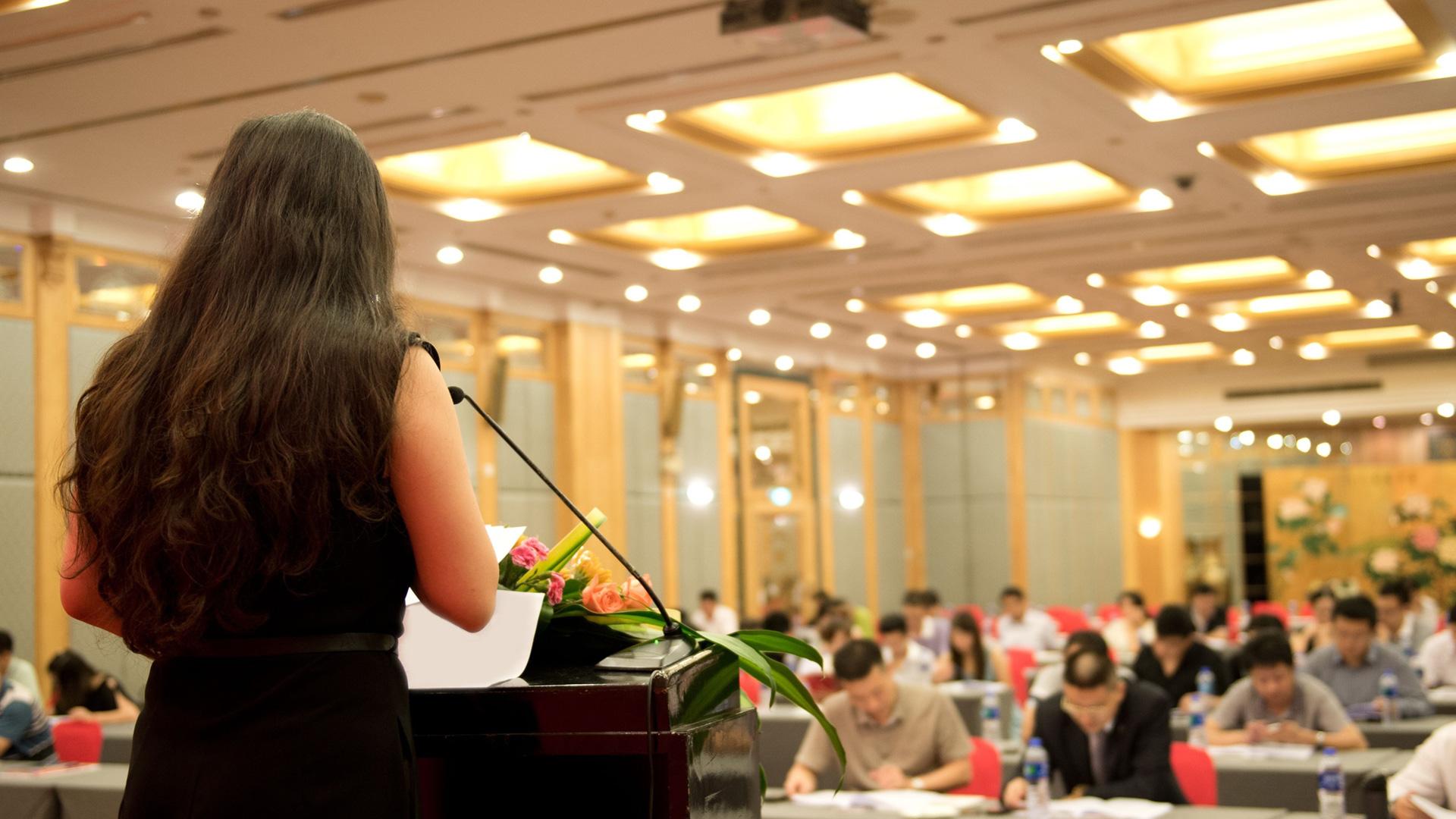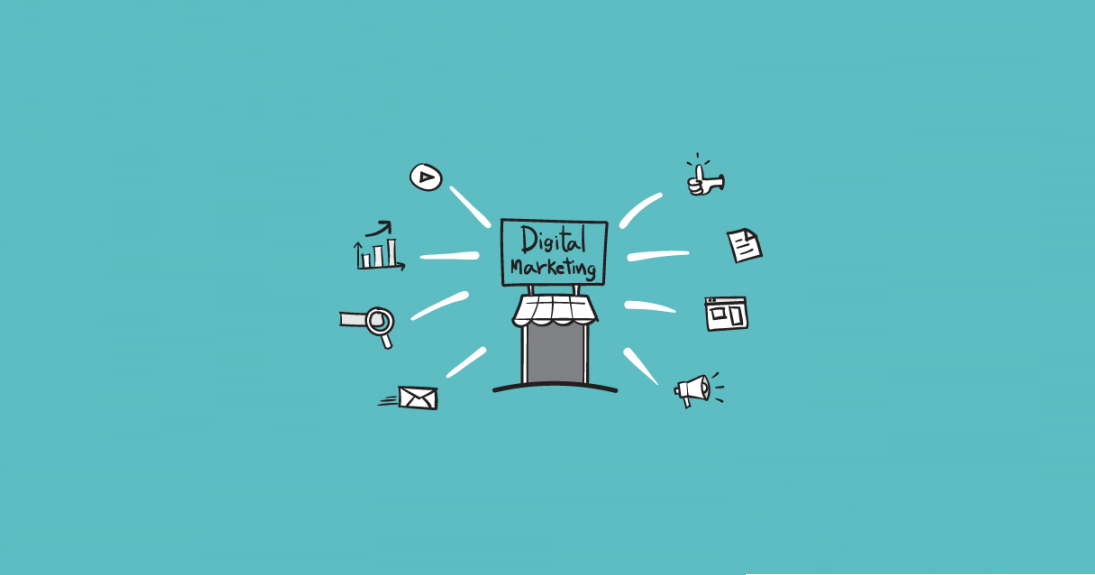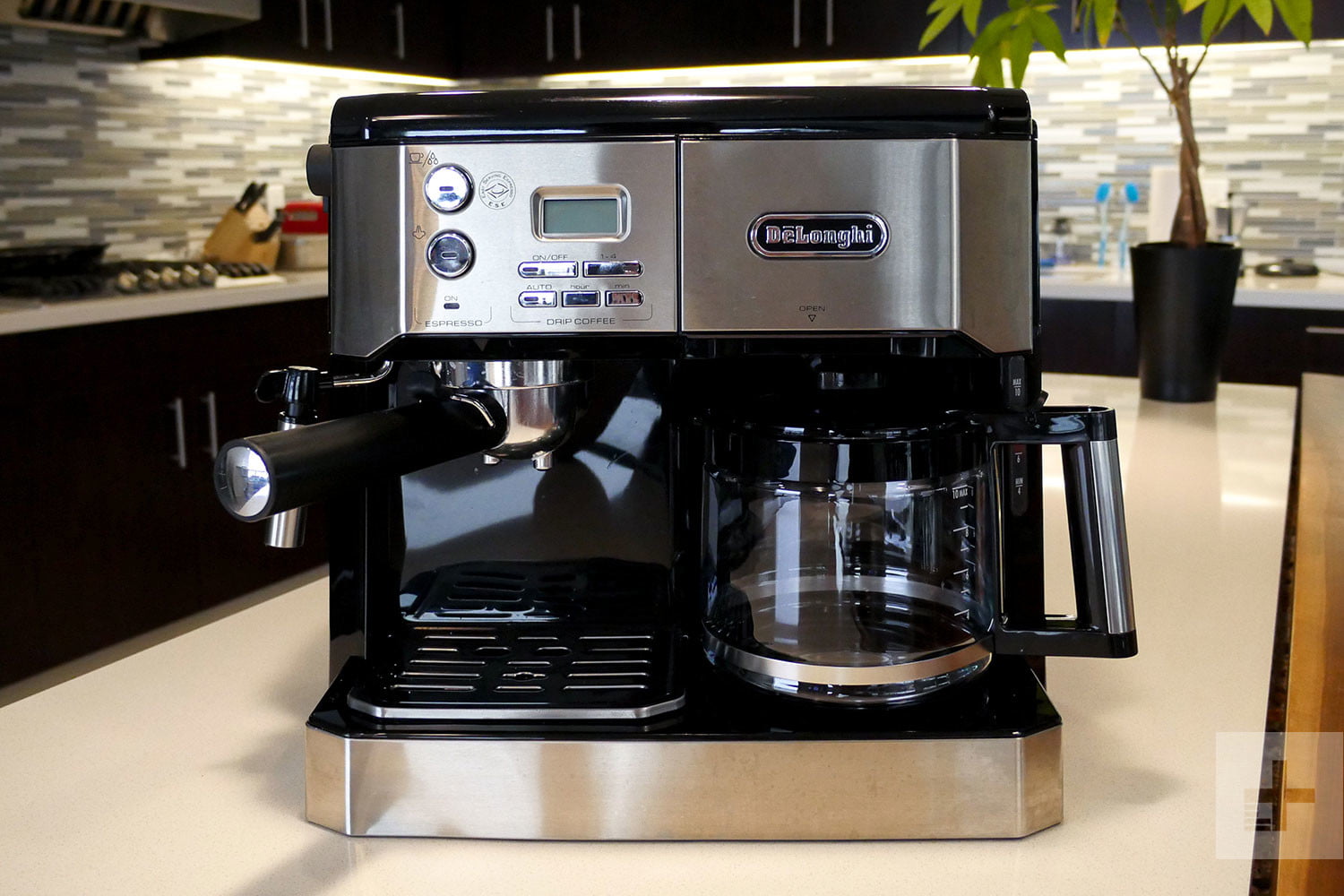Corporate events help brands achieve their marketing goals, fuel motivation, and engagement amongst staff, and strengthen teams. Well, that’s when they’re done well anyway. Whether it’s a launch event for a new product or taking your team for a spin on a driving simulator, when it comes to organising an event that your employees love rather than hate, you need to think carefully about what you want to achieve.
To be successful in organising a corporate event, you need to be clear first about what it is you want to get out of the event. What you are looking to get out of the event will dictate what kind of activity or celebration you organise.
Bringing on board the services of a good creative agency or professional events company can go a long way towards turning a run-of-the-mill event into an enjoyable and memorable (for all the right reasons) event.
Here, we give you some tips that will help you organise the best corporate events for your employees.
1.Define the objectives of your corporate events well
The first step in organising a successful company event is defining your core objectives. Being clear about what you want to achieve is the first step in making the right decisions and organising an event in the most appropriate format.
The objectives of a corporate event can be divided into two groups: Promotional Objectives, and Motivational Objectives. The first consists of promoting a product or line of business. While the latter revolves around the organisation’s role to train, reward or encourage employees.
Among the promotional objectives for the organisation of corporate events you might consider the following:
- Presenting a new product, idea, service, company, change or novelty
- Creating a better brand experience.
- Differentiating yourself from the competition.
- Increasing sales
- Capturing or retaining customers.
Check Out: csp login sbi
Among the motivational objectives for the organisation of corporate events would be:
- Encouraging the integration and involvement of employees
- Motivating staff to achieve greater performance or efficiency
- Celebrating events, anniversaries, etc.
- Forming teams with common objectives
- Making announcements or recognition
- Encouraging sales forces
It does not matter what the objective of the event is but it must be defined in SMART terms (specific, measurable, agreed, realistic and with definite timing) to be clear about what actions within the event will contribute to its achievement.
2. Choose the type of corporate events that best suit you
The corporate events of your company have to be fun, entertaining, and integrating attendees within the event itself, and at the same time, attract market attention to generate new customers.
There are many types of corporate events and activities will be remembered and well received by the attendees and well valued by the organisers and the public. Among the most prominent are these:
Launch events:
Presentations of new products and brands that will come to the market. It is essential to make a presentation to attending media and personalities.
Training and participatory events:
- Conferences, talks and seminars: These types of events are very helpful since they help you get direct feedback.
- Forums, debates, colloquia, round tables: All participants contribute their opinion on a topic.
- Conferences, Congresses, and Conventions: Annual meetings that usually last between 3 and 5 days and whose participants usually belong to the same company or sector.
- Workshops: The aim of organising a corporate event is to schedule an interactive activity that attendees feel more comfortable when participating. For this reason, workshops combine well with other types of events.
Meetings and celebrations:
- Work breakfasts: Breakfast in which problems and solutions of the company are discussed.
- Work lunches: Last approximately 2 hours and serve to celebrate the achievements or the anniversary of the company.
- Gala dinners: they are usually the culmination of an important time for the company. The final flourish to a week of congresses and conventions, although they are also perfect for award ceremonies or commemorative, honorary, and solidarity events.
- Anniversaries: This is directed more to the workers themselves than to the public.
- Awards: A chance to celebrate achievement.
Fairs and exhibitions:
They allow companies to show their products or services, connect with potential customers, and demonstrate their success.
3. Measure the results of your corporate events
Corporate events are an excellent way to connect with new clients, but it is vital to establish some metrics and analyze the data to know if the expectations of both the participants and yourself were met. That is, if the key objectives were achieved.
To measure the level of effectiveness of your event you can measure several KPIs or key performance indicators, depending on the type of event in question such as:
- Quantitative indicators: Expenses vs. Income, participation, ticket sales, amount of products sold at the event, sales after the event, etc.
- Qualitative indicators: impact on social networks, surveys on the experience of the participants in the event, Press releases and mentions in the media, interest in the brand after the event, etc.
4. Work with a good creative agency
Remember that as important as the organisation of a corporate event itself is the reporting of it in the media, social networks, etc. So, if you really want your corporate event to go well, trust a good creative team or events company to organise your corporate event from start to finish.
5. Proper choice of venue is key
Many factors can play a role in your choice of venue, such as size of venue, location, suitability for the event, licensing requirements, and of course what kind of impression you want to make on your attendees. Make a lasting impression in the mind of your guests for the right reasons, and not because you cut corners, used a venue that was inappropriate or cheap and wasn’t up to the task.
6. Communication
The other step in organising a successful corporate event is communication and promotion . Your communication strategy will depend to a large extent on the type of event and your target audience. You can establish an online communication plan taking advantage of the full potential of technology and digital communication tools such as e-mail marketing campaigns, creation of a website for the event, and virtualisation through social networks. Beyond these digital tools, we can also combine offline actions such as sending brochures, invitations by mail and telephone calls.
But everything does not end there! Using social networks properly can help in promoting your brand during the event with photos and videos. Create a hashtag for the event, and even when it’s over, you can keep reminding users how successful everything was.
Related Article: sbi bc












